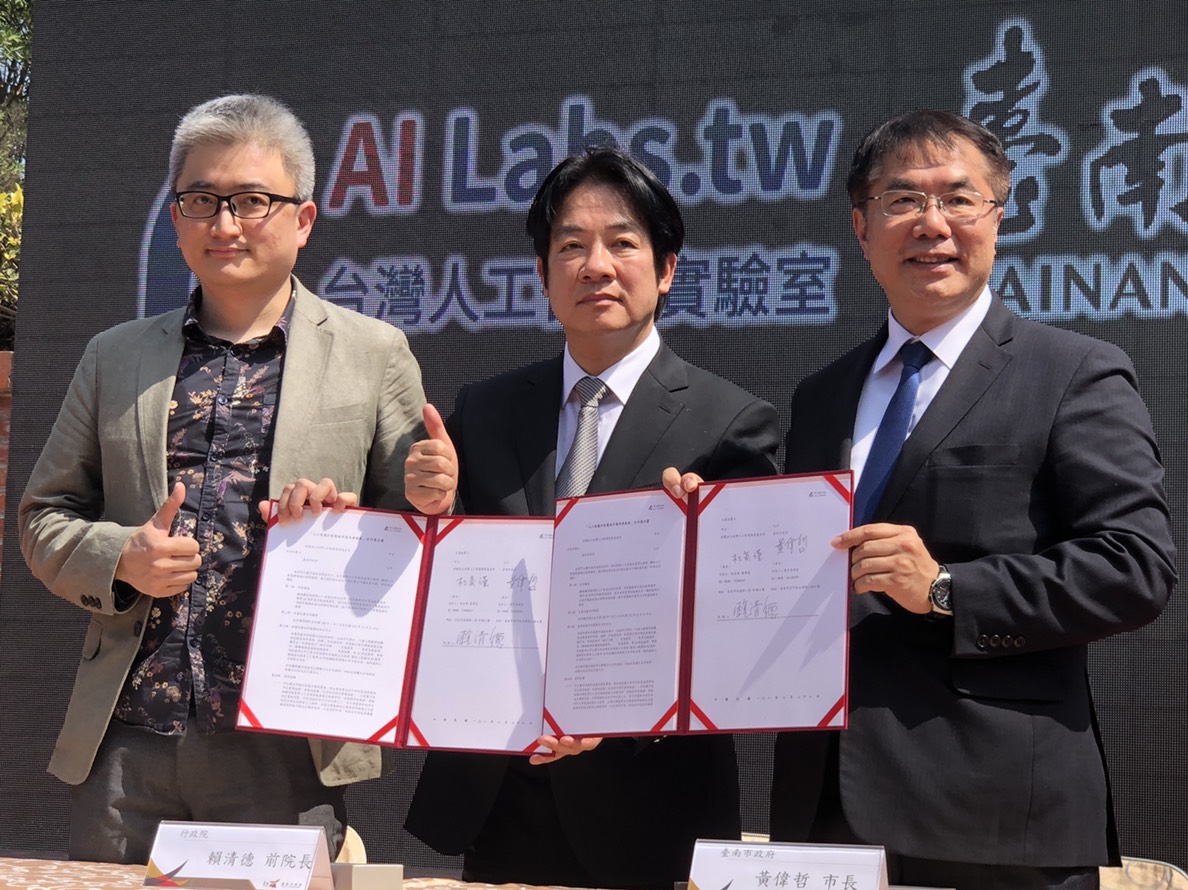Taiwan votes: Democrat William Lai's win is no triumph
Outgoing vice-president William Lai is credited with over 40% of the vote. This is a clear advantage over the 33.4% and 26.5% of rivals Hou Yu-ih and Ko Wen-je (and 65% of the ballots counted). Weighing on the vote, however, is the unknown of the results in parliament, where there is more balance and the TPP votes will be decisive. High turnout at over 70%,
Taipei (AsiaNews) - A victory, but not a triumph, for the outgoing vice-president Lai Ching-te, better known as William Lai, leader of the Democratic Progressive Party (DPP) in the lead with over 40% of the preferences:this would seem to be the result that is looming in the presidential and parliamentary elections held today in Taiwan, in which the future of the island and the balance of power with Beijing are at stake.
A large part of the international community is also watching the outcome carefully, especially Western chancelleries, above all the United States, but so far voting has been smooth with a record turnout, which differentiates the island considered "rebel" by China from Hong Kong where the last electoral round revelaed high abstentionism with the adhesion of only pro-Chinese "patriots".
With at least 65% of the ballots counted, and counting proceeding at a rapid pace, the candidate of the Democratic Progressive Party obtained over 40% of the valid votes, leading his rivals Hou Yu-ih (Kmt) and Ko Wen-je (TPP) ) stable at 33.4% and 26.5% respectively. A piece of data that is certainly partial, but which appears destined for confirmation when the data are official and the ballots scrutinized.
Taiwan's next president will be crucial in guiding relations with Beijing and Washington, given that the island has long been a source of conflict and a key element in the struggle for hegemony - economic and diplomatic - in the Asia-Pacific region.
China has been claiming the territory for some time, especially in recent years with power concentrated in the hands of President Xi Jinping; on the opposite front, under the leadership of Tsai Ing-wen and the DPP in the last four years, relations between the parties have recorded a further worsening, with China intensifying military pressure in 2023 with a record number of incursions.
Any escalation between China and Taiwan risks turning into a broader conflict at a military and economic level, with the involvement of the United States which has a large naval presence in the region, as well as Australia and Japan which are also opposed to Beijing.
The area is also of great commercial importance, with nearly half of the world's container ships transiting through the Taiwan Strait.
Today's election is the eighth round of elections since the end of martial law in 1987 and the first direct election in 1996, in which the sixth president is chosen in an open struggle between "independence activists" and supporters of "dialogue" with Beijing.
It is precisely the challenge to autonomy and the principles of democratic freedom that the outgoing president Tsai Ing-wen, who had won the last round with 57% of the vote, appealed to and pursued during her mandate.
Approximately 19.5 million citizens aged at least 20 are called to vote, out of a population of 23 million inhabitants; The polls remained open from 8am to 4pm local time. The turnout data show a participation of over 70%, a very significant figure although slightly down compared to the record of around 75% in the last elections (while 66.2% was recorded in 2016).
With the president, the voters also choose the members of the Yuan, the Parliament, which has 113 seats: 73 are assigned with the majority system to the candidate with the most votes in each of the districts, 34 are divided proportionally between the parties that exceed the threshold of 5 %, six are reserved for representatives of the indigenous population.
And it is precisely in Parliament that the balance of power game will be played out: in fact the Democrat William Lai, despite having beaten the Kuomintang candidate - close to Beijing - Hou Yu-ih will not be able to count on a solid majority of deputies. In all likelihood it will be the third wheel, the former mayor of Taipei Ko Wen-je who had proposed himself as "the only candidate acceptable to both China and the United States", who will determine the balance of power and influence future choices of the island.
12/01/2024 18:35
23/01/2023 15:38







.png)










